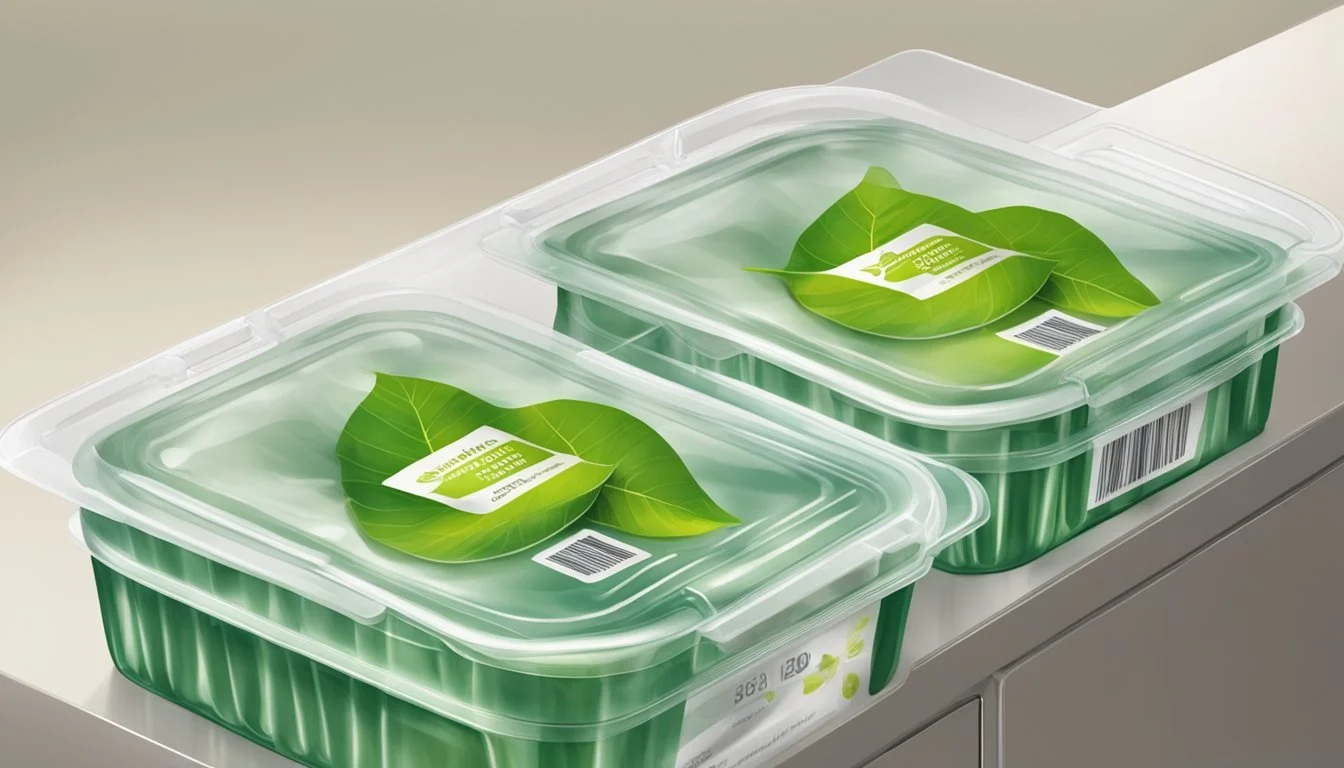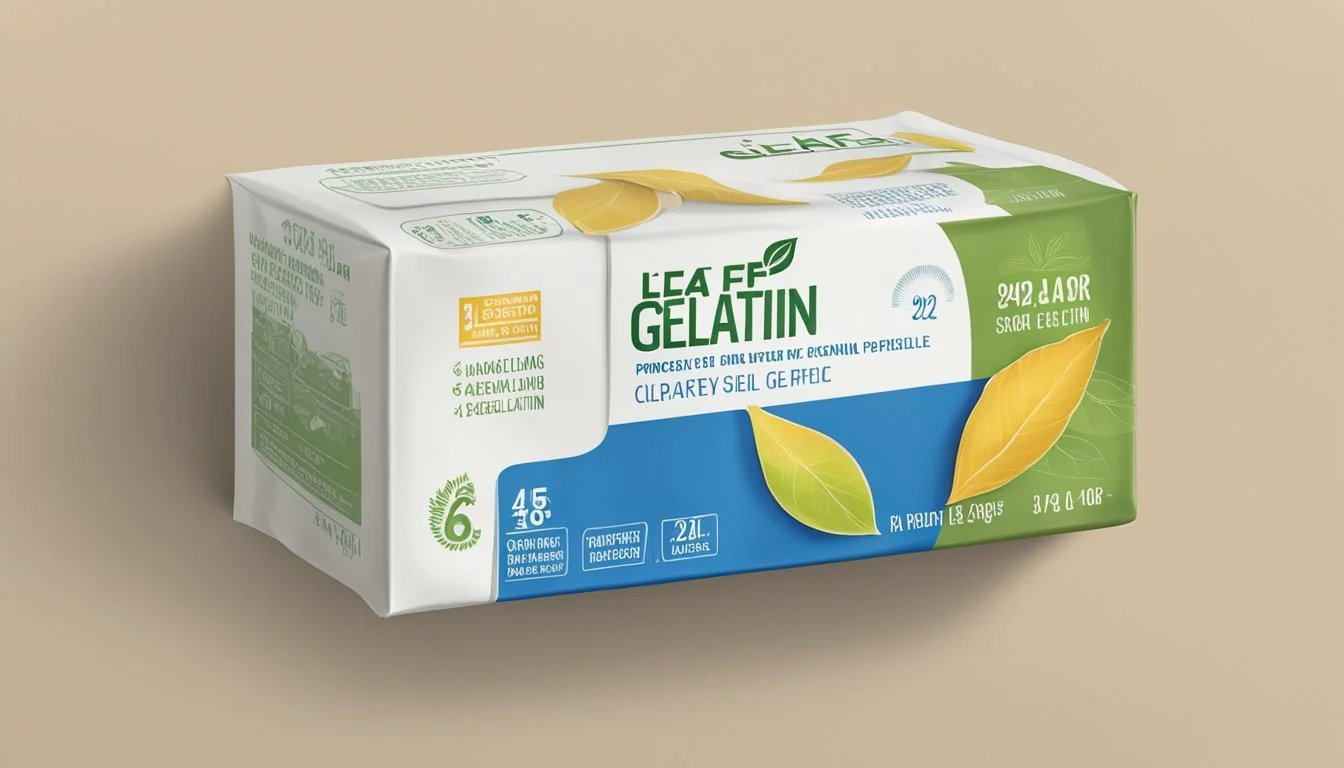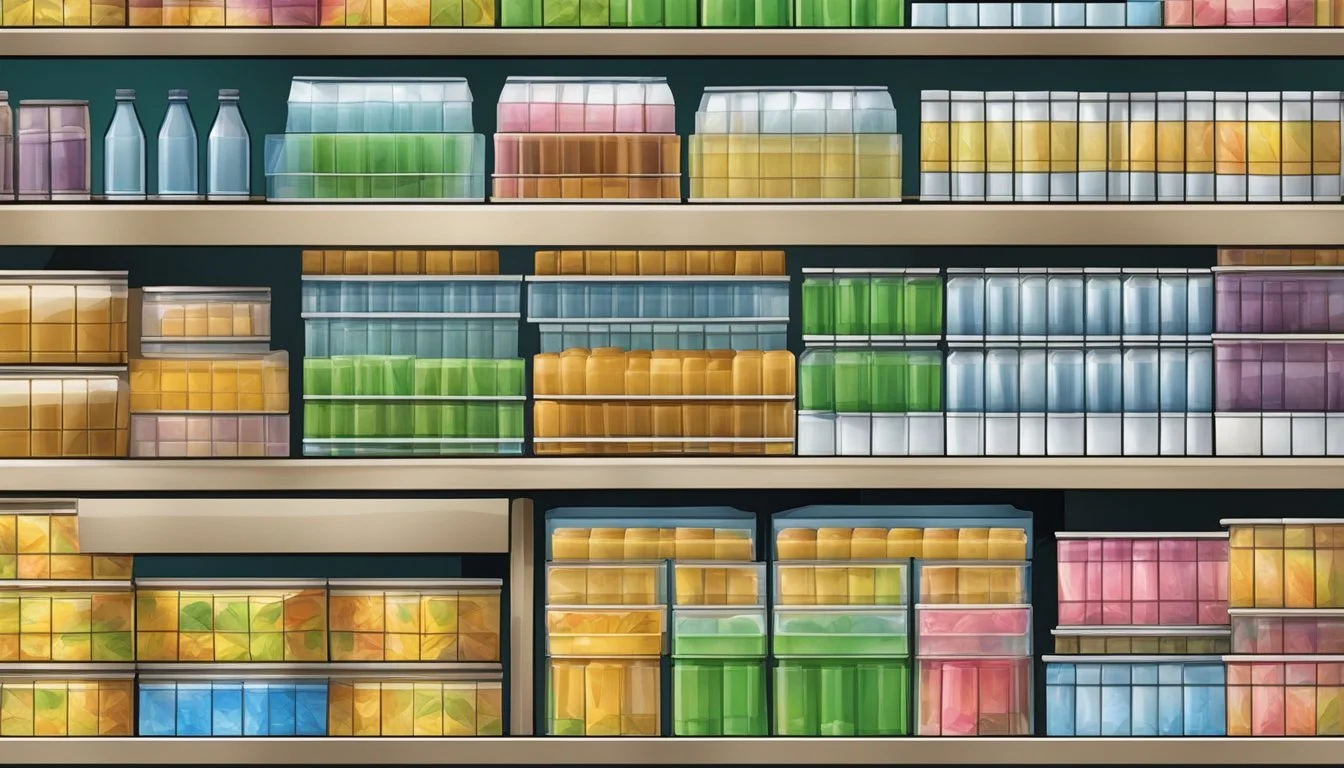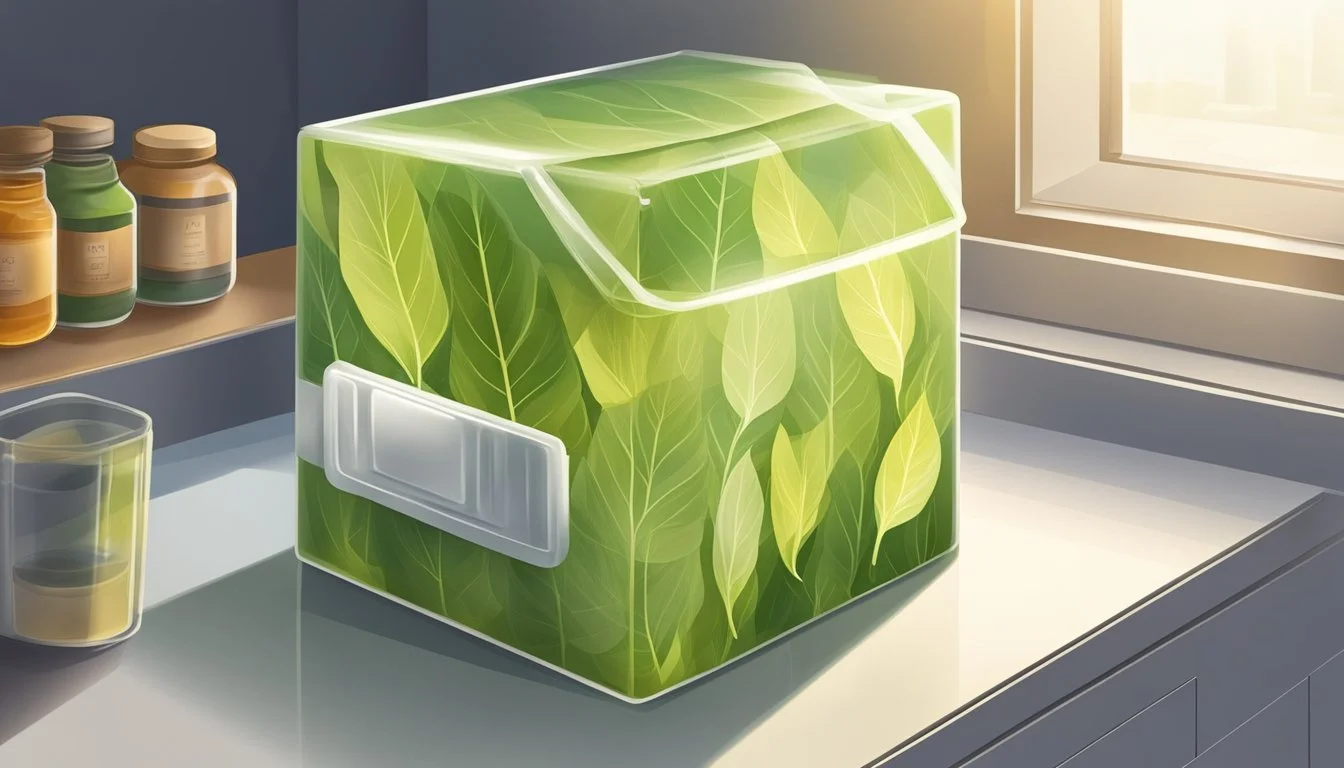Does Leaf Gelatin Expire? Understanding Shelf Life and Storage
Gelatin, a versatile ingredient in the culinary world, often raises questions about its longevity and expiration. Leaf gelatin, also known as gelatin sheets, can last indefinitely when stored properly in cool and dry conditions. This makes it a valuable pantry staple for chefs and home cooks alike.
When discussing whether gelatin expires, it's crucial to differentiate between its powdered and sheet forms. While both forms can have extensive shelf lives, their longevity depends on how they are stored. Keeping gelatin in airtight containers away from heat and moisture ensures it retains its quality for years.
Despite its impressive shelf life, gelatin can still spoil under certain conditions. If exposed to air or moisture, it can develop mold or an off smell, indicating it's no longer safe to use. Therefore, inspecting gelatin before use is essential to avoid any culinary mishaps.
Understanding Gelatin
Gelatin is a versatile substance derived from animal collagen, used in various culinary and pharmaceutical applications. It comes in different forms, each with unique properties and uses.
Composition and Properties
Gelatin is primarily made from collagen, a structural protein found in animal connective tissues. The process involves boiling these tissues to extract collagen, which then undergoes hydrolysis. The resulting gelatin is rich in amino acids, especially glycine and proline.
Gelatin has unique gelling properties, making it invaluable in cooking and food production. It's used to thicken liquids, create gels, and stabilize foams and emulsions. Unflavored gelatin is often used in savory dishes and desserts, while flavored gelatin is popular in products like jello and jello cups.
Varieties of Gelatin
Gelatin is available in several forms: powdered gelatin and leaf gelatin (also known as gelatin sheets). Powdered gelatin is granulated and must be dissolved in water before use. It is convenient and widely used in recipes that require precise measurements.
Leaf gelatin comes in thin sheets and is typically preferred by professional chefs for its purity and consistency. It also dissolves more completely without adding any cloudiness to the final product. Leaf gelatin requires soaking in cold water to soften before being added to a recipe.
Both forms are derived from the same source—animal collagen—and offer similar gelling properties, though personal preferences and application contexts may dictate which one to use.
Shelf Life and Expiration
Leaf gelatin, like many food products, has a limited shelf life. It's essential to understand how to determine the expiration date and the factors influencing its potency and freshness.
Determining the Expiration Date
The expiry date of leaf gelatin is typically found on the packaging. Manufacturers recommend a shelf life of 2 to 3 years from the date of manufacture. This time frame ensures the gelatin retains its gelling properties effectively.
Store leaf gelatin in original packaging or an airtight container. This helps in tracking the expiration date and maintaining its quality.
If the packaging doesn't hold the expiration date, it's advisable to label the container with the purchase date. This precaution assists in monitoring the gelatin's potency and freshness.
Factors Influencing Potency and Freshness
Potency and freshness of leaf gelatin are significantly influenced by storage conditions. Keeping gelatin in a cool, dry place, away from heat, sunlight, and moisture, is crucial.
Moisture intrusion can degrade its quality, leading to less effective gelling properties. An airtight container is ideal for maintaining its freshness. Refrigeration is recommended for prepared gelatin to prevent spoilage.
Temperature fluctuations also impact gelatin’s effectiveness. Consistent storage temperatures enhance longevity. Following these guidelines ensures that leaf gelatin remains potent and fresh.
Proper Storage Practices
Proper storage of leaf gelatin is essential to maintain its effectiveness and safety for use. The key factors include keeping it in optimal conditions to prevent spoilage and degradation.
Ideal Conditions for Pantry Storage
Leaf gelatin should be stored in a pantry that is both cool and dry. Temperature plays a crucial role; it should be kept away from heat sources to prevent melting or degradation.
Moisture can severely affect gelatin, so an airtight container is recommended to keep humidity at bay. Additionally, the pantry should be shielded from direct sunlight, as UV rays can break down the gelatin’s properties. Using a dark container can further protect the gelatin from light exposure.
Refrigeration Vs. Room Temperature
While refrigeration can prolong shelf life, storing leaf gelatin at room temperature in a cool, dry pantry is typically sufficient. If refrigerating, ensure it remains in an airtight container to prevent moisture absorption and contamination from other foods.
In both storage methods, labeling the container with the expiration date can help monitor its freshness. Comparing the pros and cons, pantry storage offers convenience and reduces the risk of humidity and light exposure if properly managed.
Signs of Degradation
When leaf gelatin degrades, it typically shows signs through visual and textural changes, as well as alterations in scent and taste. These indicators help determine whether the gelatin is still usable for culinary purposes.
Visual and Textural Changes
One of the first noticeable signs of degraded gelatin is mold growth. Mold can appear as fuzzy patches in various colors, signaling that the gelatin is no longer safe to use.
Color changes also indicate spoilage. Fresh gelatin sheets are usually translucent, while expired ones may turn yellowish or darken.
Texture shifts from firm to brittle or excessively sticky suggest degradation. Crumbling sheets likely mean the gelatin's gelling properties are compromised.
Degradation symptoms:
Mold growth
Color changes
Brittleness or stickiness
Changes in Scent and Taste
Degraded gelatin may emit an unpleasant odor. Fresh gelatin has a mild, neutral scent, while spoiled gelatin often smells sour or musty. This change suggests microbial growth or chemical breakdown.
Taste alterations are another warning. While leaf gelatin is usually tasteless, a bitter or off flavor indicates it has gone bad.
For culinary professionals, off smells and tastes mean the gelatin will not perform reliably in recipes, affecting quality and safety.
Notable changes:
Sour or musty odor
Bitter or off taste





